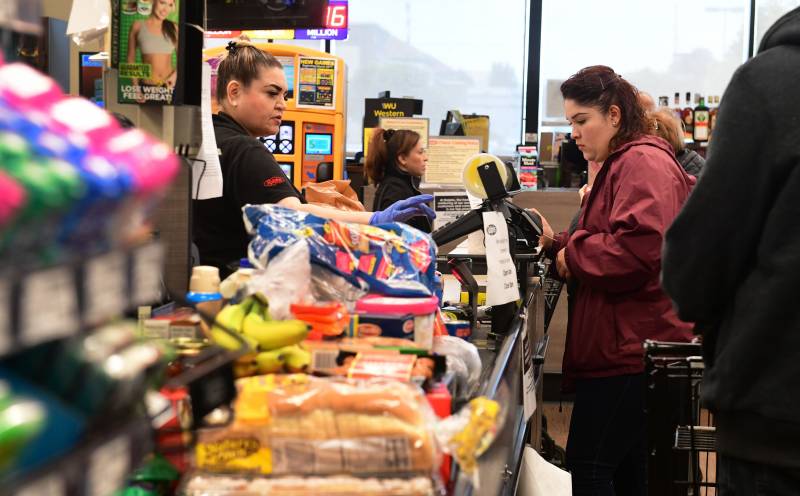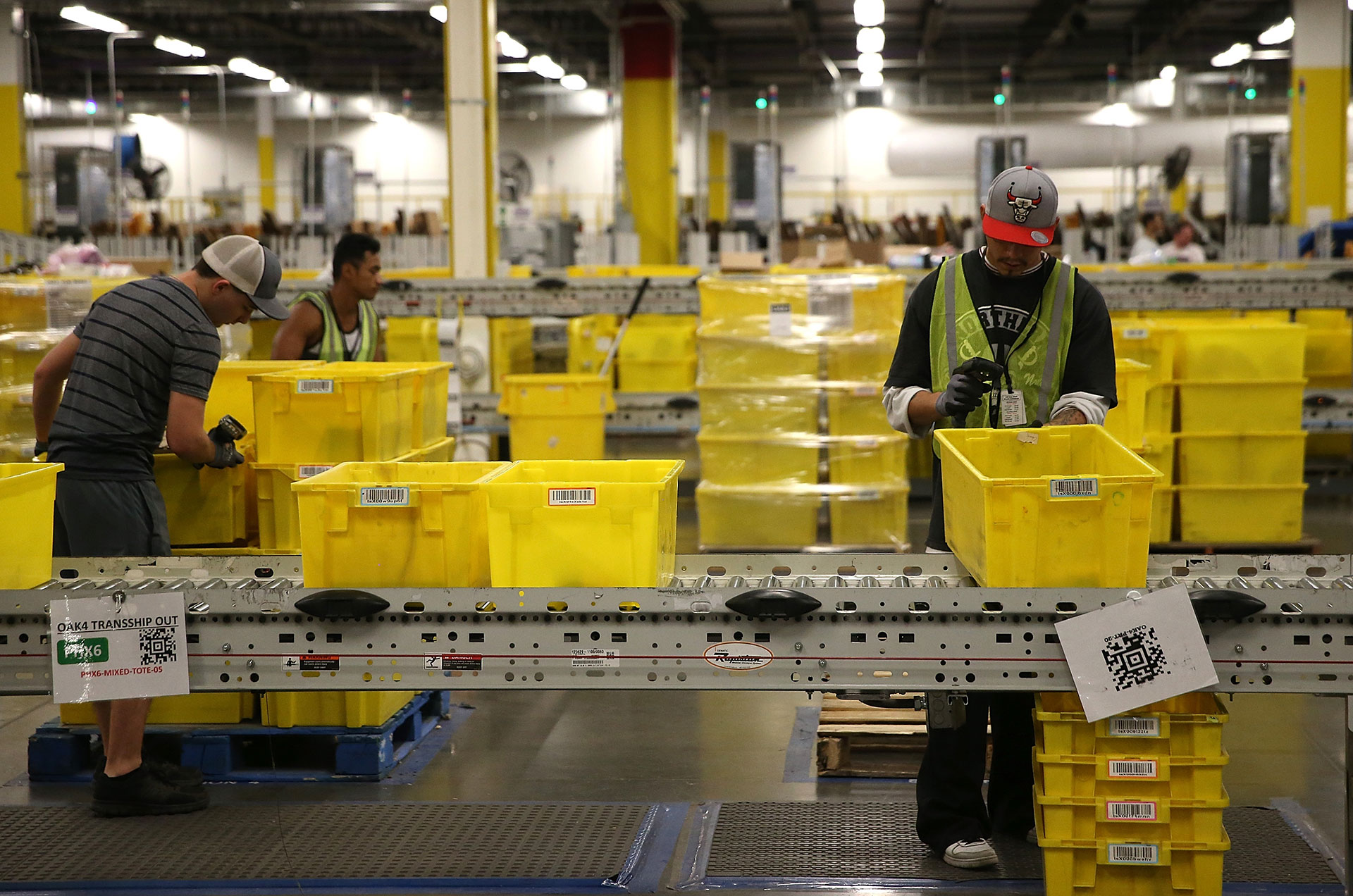San Jose and San Francisco passed emergency bills Tuesday requiring large companies to give all employees 14 days of paid sick leave if they have been affected by COVID-19.
“We are only as healthy as our neighbor, our grocery store clerk, our essential frontline workers,” said San Francisco Supervisor Gordon Mar. “And if they can’t afford to stay home when they need to, we are all worse off.”
Mar said San Francisco’s emergency bill will help about 200,000 workers in the city. A similar ordinance is being drafted in Oakland.
The United States is one of the few wealthy nations that does not guarantee paid sick leave for all workers. The “Families First Coronavirus Response Act” was potentially going to change that by guaranteeing 14 paid days off for all workers, plus additional leave time for issues relating to the coronavirus outbreak.
But after congressional Republicans pushed for exemptions for businesses with less than 50 employees or more than 500 employees, the law — which passed in March — now only covers about 25% of all workers.


